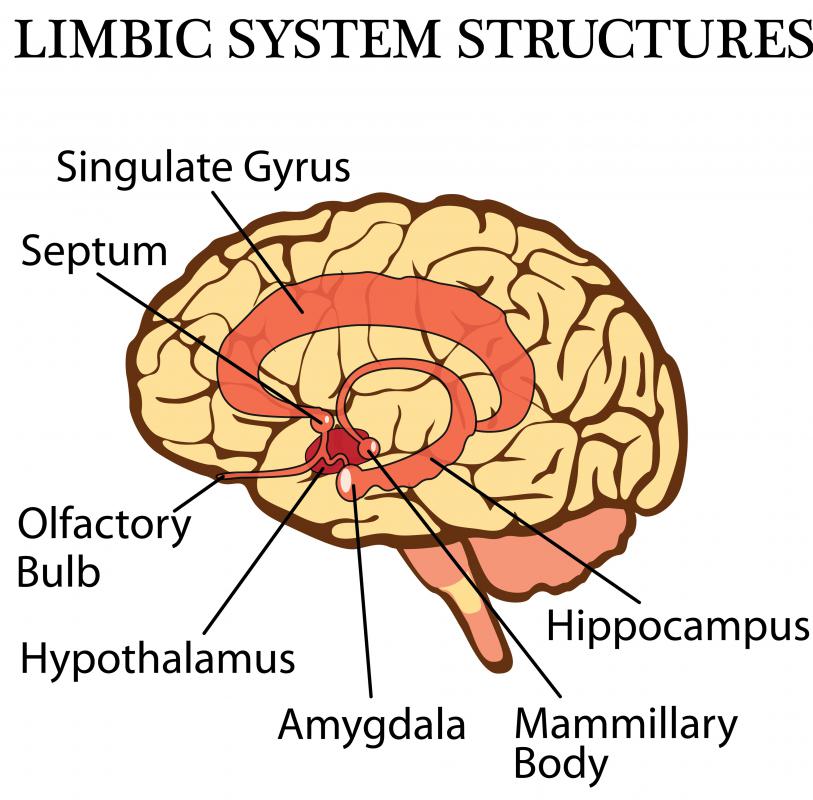At WiseGEEK, we're committed to delivering accurate, trustworthy information. Our expert-authored content is rigorously fact-checked and sourced from credible authorities. Discover how we uphold the highest standards in providing you with reliable knowledge.
What is a Follicle-Stimulating Hormone?
Follicle-stimulating hormone (FSH) is a hormone produced in the bodies of many male and female mammals that helps to stimulate the process of creating sperm or of ovulating (producing female eggs). FSH is also a drug, sold under names like Follistim®, that is used in some fertility treatments of women to induce ovulation of more than one egg at a time for egg harvesting or artificial insemination. It can also be used to stimulate sperm production in some men. Presence of this hormone, along with others, is vital to the process of reproduction.
Another name for follicle-stimulating hormone is gonadotropin. This name is deserved due to the special relationship FSH has with the testes and the ovaries. Without this relationship or some form of medical treatment that mimics it, people and most mammals can’t reproduce. Though the effects of FSH are seen primarily in its action on the gonads, it has to be understood that the path to creating FSH begins elsewhere, in the endocrine system.

In order for follicle-stimulating hormone to be produced, gonadotropin-releasing hormone is produced first in the hypothalamus. This helps to stimulate production of both FSH and luteinizing hormone (LH), which each play a role in the reproductive cycle and are principally produced in the pituitary gland. Additional hormones that help round out this process are estrogen, progesterone and testosterone.

During the normal reproductive years, FSH and LH work together in the female body to mature eggs and produce ovulation and in the male body to produce sperm. In women, follicle-stimulating hormone and luteinizing hormone begins to decline with age, so that as menopause is reached, FSH levels become increasingly lower, making it more difficult to achieve pregnancy. Males may retain decent FSH levels to a much older age and can technically remain fertile longer than women.

Sometimes, follicle-stimulating hormone levels drop well below normal long before menopause is reached in women, or long before fertility in men could be expected to decline. For this reason, injecting FSH might be recommended to help stimulate and produce ovulation or to increase sperm production. Decision to do this is only if the testes or ovaries are capable of producing sperm or eggs, respectively. If more than one fertility hormone is lacking, using FSH alone doesn’t resolve the problem. FSH couldn’t, for instance, restart normal menstrual in most post-menopausal women.

High or low follicle-stimulating hormone levels can be associated with a number of medical conditions. People with polycystic ovarian syndrome, abnormally high prolactin levels in the blood, or decreased pituitary or hypothalamus function may have low FSH levels. Those with Turner syndrome, and lack of gonads (Swyer syndrome), or people undergoing premature menopause may have very high FSH levels, in contrast. Both high and low findings of FSH during normal reproductive years require medical evaluation, particularly if reproduction is a goal.
AS FEATURED ON:
AS FEATURED ON:














Discuss this Article
Post your comments